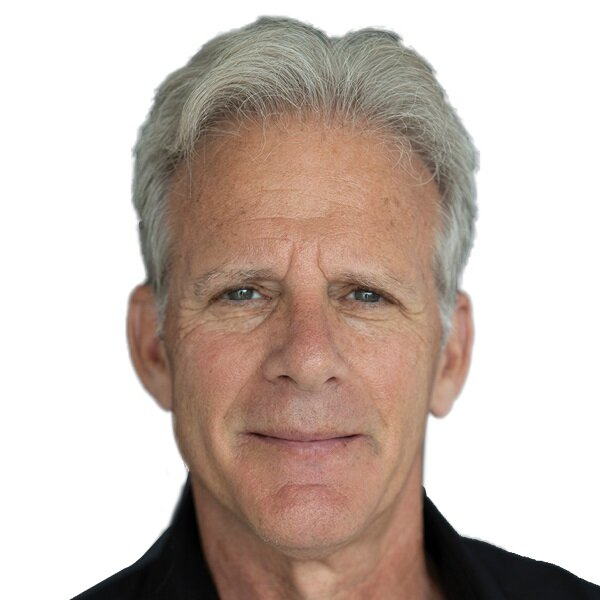“The Supreme Court has come to be viewed by large segments of Israeli society as alien and even hostile. A widening gap has opened between the bench and the Knesset, with legislators proposing laws to bypass or override the court’s rulings. Such laws will vitiate judicial review, one of the mainstays of any democracy.”
These words, which could easily have been written last week, were in fact penned nearly three years ago as I sat, Corona-bound, in my office, and composed my new book, 2048: The Rejuvenated State. I was no prophet, certainly, but having recently served in Knesset, I watched with growing consternation the breakdown in relations between our parliament and the nation’s highest court. At stake was democracy itself. To save it, I argued, Israel must alter the way Supreme Court judges are chosen to better reflect public opinion—my model was America—and to limit the court’s jurisdiction, the world’s widest. Throughout, the principle of judicial review must be upheld, I concluded, and Israel preserved as a truly liberal democracy.
The need for judicial reform was one of several dozen issues that I identified as crucial to Israel’s future. What state do we want our children and grandchildren to live in 2048, Israel’s 100th birthday? How can we guarantee Israel a second century as successful as the first?
In answering these questions, the book takes a no-holds-barred approach to Israel’s most pressing issues—Ultra-Orthodox education, Bedouin polygamy, the status of Israeli Arabs, the peace process—and presents realistic responses. The goal, however, is not to convince readers of the justness of my positions but rather to engage them in a dynamic conversation about tomorrow. The aim is to recapture a time, before Israel’s establishment in 1948, when Jewish thinkers engaged in a heartfelt debate about the nature of the state—would it be religious or secular, pro-Western or Middle Eastern, capitalist or socialist? More than by the sword, I believe, Israel was created by words.
Today, those words must be spoken by all Israelis—the book appears in Hebrew and Arabic, in a single volume—and by the Jewish people worldwide. On this, the 75th year of Israel’s independence, we must begin speaking honestly and productively about the challenges of the next quarter-century. As part of the future-looking vision of Jewish National Fund-USA, I will travel across the United States this year and invite you, your families, and communities to join in a discussion about rejuvenating Israel for generations to come.

